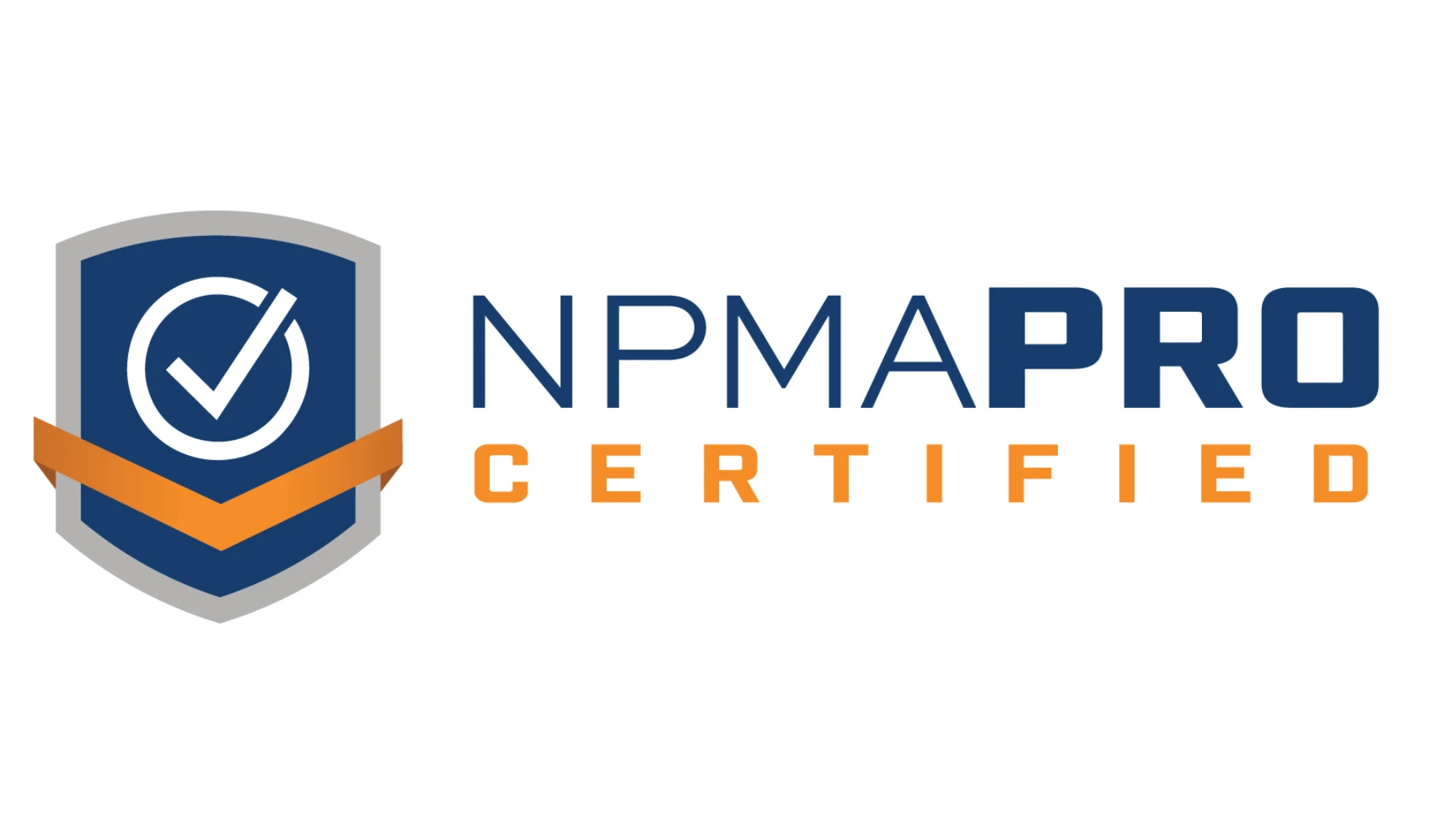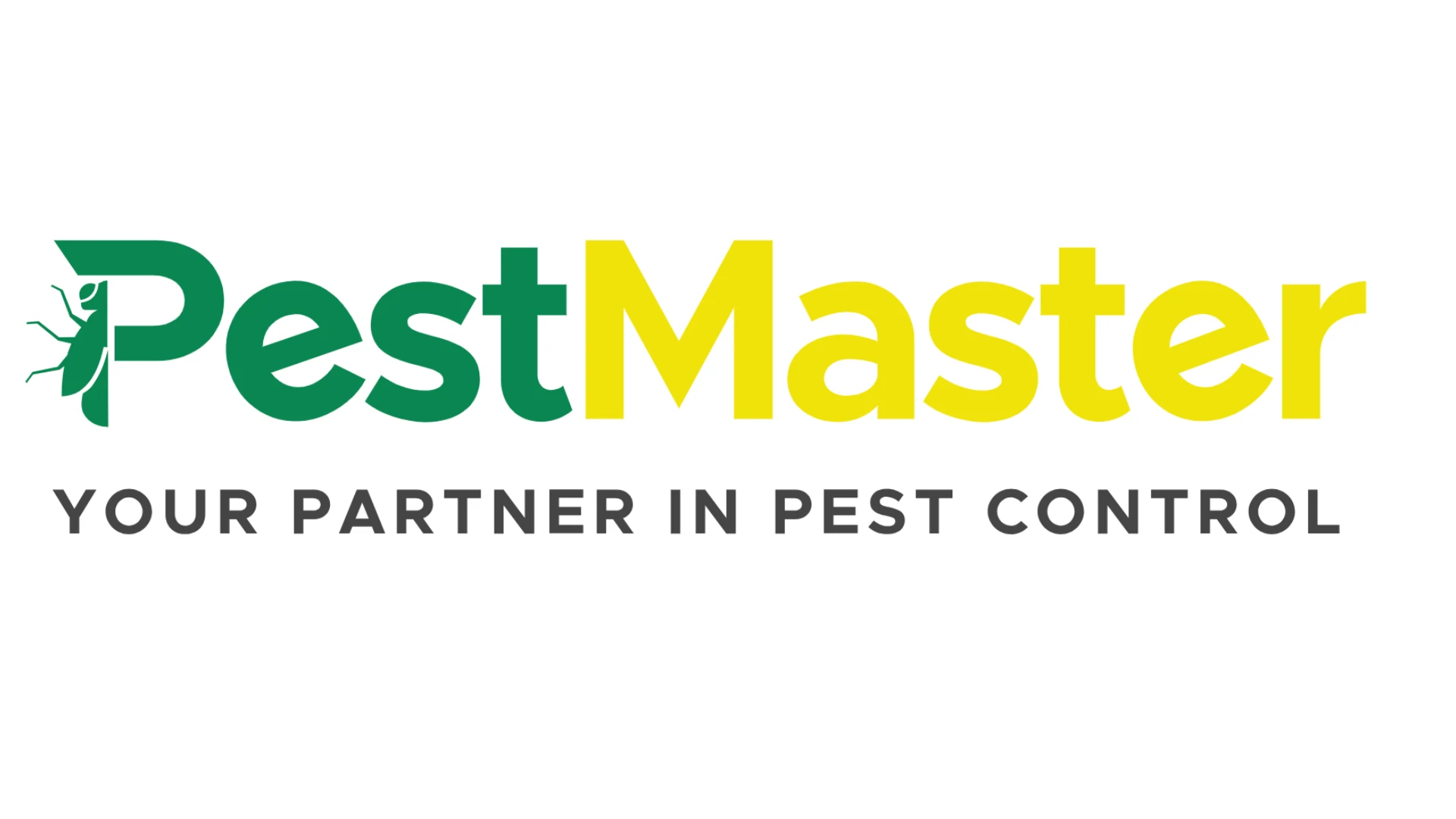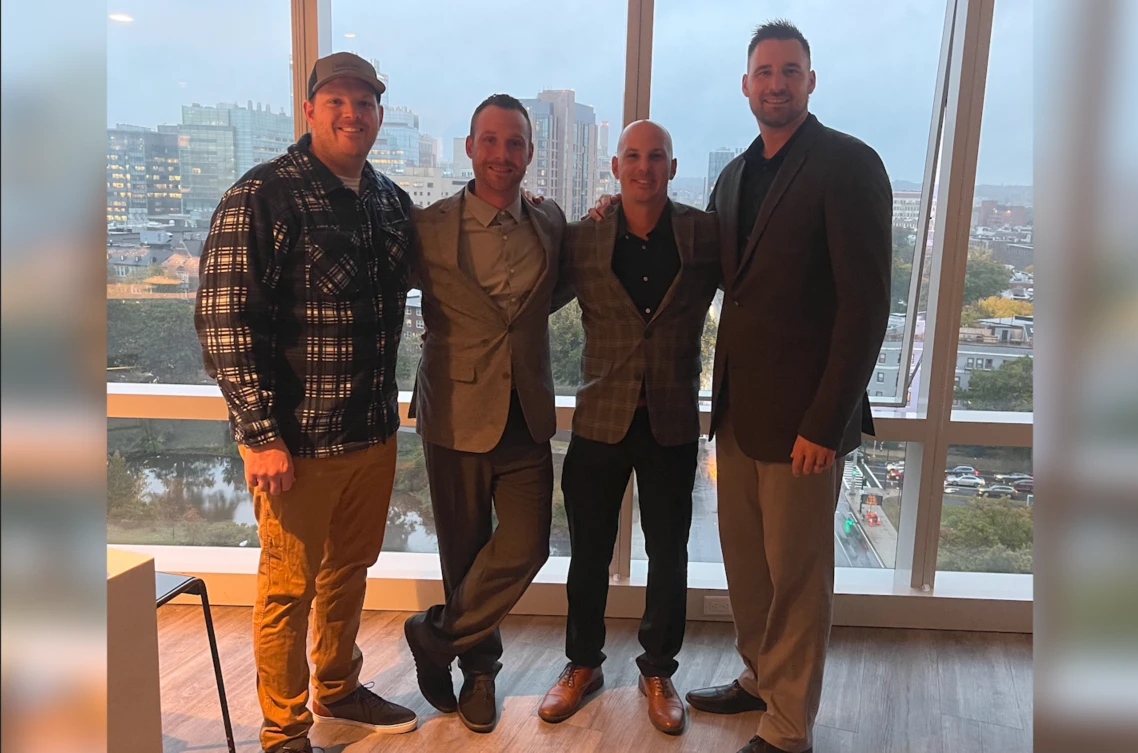Unassuming by nature, Mike McDermott, global business manager of DuPont Professional Products, is a classic "numbers guy." Fascinated by facts and figures, the New Jersey native graduated from Montclair State University with a degree in accounting in 1978, quickly rising through the ranks at several companies before returning to school to earn his MBA at Fairleigh Dickinson University. What has set McDermott apart from his colleagues in the heady world of high finance are his people skills. It’s a rare combination in business, but a combination that has served McDermott well throughout his 20 years in the specialty chemical industry, where he first made a name for himself at Wellcome in the late 1980s, and then with Aventis Environmental Science, where he played a key role in the successful launch of Termidor in 2000.
|
DUPONT BY THE NUMBERS
Year Company Founded: 1802 Headquarters Location: Wilmington, Del. Annual Revenues: $24 billion Number of Employees: 78,000 Countries With DuPont Operations: 70 Number of Manufacturing and Processing Facilities: 135 Fortune 500 Ranking: 67 Key Brands: Teflon® resins, Corian® solid surface material, Kevlar® brand fiber and Tyvek® brand protective material. |
"Mike has a leadership style that allows an entrepreneurial spirit to grow within a traditional corporate environment, which is very unique," observes Cindy Mannes, a former colleague who now serves as the executive director of the Professional Pest Management Alliance. "When I worked with him at Aventis we all felt like stakeholders in the group’s success. He had a big-picture, results-oriented leadership style typical of many successful leaders, but he also exhibited a personal touch and strong people skills that made you glad you were part of his team.
"He spent time listening to every member of the pest management group at Aventis," she adds. "Everyone’s input was solicited and carefully considered, and once a consensus was reached he put a plan in place that reflected his view of the team’s best thinking. That didn’t mean you wouldn’t take a detour from time to time, but you always understood the group’s ultimate goal. It was a very effective – and empowering – leadership style."
McDermott says the most gratifying thing about his years at Wellcome and Aventis were the professional relationships he developed during that period. "I’ve had the good fortune to work with a lot of great people over the years," he says. "We built some successful businesses and in the process contributed to the growth of the pest control industry. I wouldn’t trade those years for anything."
It’s an experience he hopes to replicate at DuPont Professional Products, which will introduce AdvionTM Fire Ant Bait – featuring a new class of chemistry – to the pest control market in early April. "It isn’t very often that a company of DuPont’s size, with its significant financial resources and reputation for product excellence, decides to enter the pest control market, so it’s a great opportunity."
PCT Publisher Dan Moreland recently caught up with McDermott as he prepared to unveil the company’s sales and marketing effort in the pest control industry. Excerpts of the interview follow and a complete transcript appears online at www.pctonline.com.
PCT: As someone who has worked for a number of major chemical manufacturers serving the pest management industry what impressed you most about DuPont?
McDermott: You can’t help but be impressed by DuPont’s commitment to science and innovation. It’s a company that knows how to discover, develop and bring cutting-edge technology to market (i.e., Tyvek®, Kevlar®, Corian®). And once we bring a product to market we know how to maximize that investment for the benefit of both the company and its customers by introducing the technology to a whole host of different markets. For instance, consider one of our flagship products – Teflon.® It is used as a non-stick surface in cookware, but it’s also used in apparel, carpets and cables.
PCT: Why is that relevant to pest management professionals?
McDermott: It means DuPont is very well equipped to take its active ingredients – chemicals like indoxacarb – to a number of markets, including the pest control and "green" industries, two key markets for DuPont Professional Products.
PCT: Speaking of indoxacarb, can you provide our readers with some additional insights about this new chemistry?
McDermott: Indoxacarb is an insecticide discovered and developed by DuPont that will be the centerpiece of our product line for the next several years. We’re excited about indoxacarb because it’s a new class of chemistry that has been awarded reduced risk status by the EPA. It provides broad-spectrum control of a variety of insects, is very fast acting and has a novel mode of action. It’s also very effective at low use rates, which is another reason it’s well suited for the urban pest control market. For pest management professionals, what’s most impressive about the active ingredient is its efficacy and residual control against ants, cockroaches and other pests. In both lab and field trials with key insects it has exhibited superior performance. Plans are also in place to develop a termiticide based on indoxacarb, but that’s several years away.
PCT: In all, how many new products does DuPont plan to introduce in the coming years?
McDermott: The plan is to introduce at least one or two new products annually beginning in 2004 and for five years thereafter. Some products will have applications in both the turf and pest control markets, with the vast majority of those products based on our indoxacarb chemistry. Our first product introduction will be AdvionTM Fire Ant Bait, followed by a series of cockroach and ant products, including bait stations and gels. In addition, we’ll be introducing several new herbicides. We already offer a number of herbicides to the "green" market through Griffin Chemical Co.
PCT: Speaking of Griffin Chemical Co., DuPont recently announced it had acquired the firm. What were the reasons behind the acquisition?
McDermott: DuPont had acquired 51 percent of Griffin Chemical a number of years ago, so we already had a significant interest in the company. The decision was made to acquire the remaining interest, so now it’s 100 percent owned by DuPont and we’re currently in the process of integrating the company into the DuPont organization. On the pest control side, Griffin didn’t really have a presence, but it is well known in the turf and ornamental markets. The company has done a good job of building its "green" business and we expect that to continue in the years ahead. We don’t see any significant changes for Griffin Chemical in 2004. Owen Town will continue to manage the business.
PCT: What prompted DuPont to enter the pest control market?
McDermott: DuPont made the strategic decision several years ago to expand its specialty chemical business. The company didn’t see a great deal of growth in the herbicide market, where it already had a strong presence, so they decided to invest more in the insecticide discovery process, seeking to develop several new classes of chemistry. Indoxacarb – as well as several other novel active ingredients – is the result of that investment. Indoxacarb was first launched in 1999 in the agricultural market. Right now there are products containing indoxacarb registered in 77 countries around the globe. Our plan is to introduce and develop a full line of indoxacarb-based products in a number of specialty markets such as structural pest control.
PCT: Why is it so important for DuPont to gain access to specialty markets like the structural pest control industry?
McDermott: If you look at the cost of doing business today, it’s a challenging world for the basic manufacturers. A new compound typically will cost a manufacturer $100 million to $150 million to develop. That’s a significant investment for any company – even one as large as DuPont – so you need to make sure you’re going to get an appropriate return on that investment. When you consider the high cost of developing a new active ingredient, it becomes even more important to access as many different markets as possible, so you can generate the necessary financial returns to support your investment. By only looking at the agricultural market, DuPont was limiting its potential returns.
PCT: Earlier, you mentioned that DuPont has several new active ingredients in the pipeline. When do you anticipate these new chemistries will enter the marketplace?
McDermott: If all goes well the next new class of chemistry from DuPont could be introduced in four years; with a little bit of luck even sooner. The timing of these introductions will be critical so we can continue our tradition of offering novel technology to our customers.
PCT: Other than new active ingredients, what do you think DuPont brings to the pest control market?
McDermott: What we bring to the market is worldwide recognition as a science-based company, uniquely skilled in developing innovative products, products that have far reaching practical application to our day-to-day lives. We’re going to focus on developing quality products and business solutions for the pest management industry, products that allow all of our partners – distributors, end-users and other stakeholders – to succeed. DuPont has spent a long time developing a reputation for quality and integrity, and we are going to continue with that tradition in our approach and our practices.
PCT: In addition to the launch of AdvionTM Fire Ant Bait, what are some of the other challenges facing DuPont as it enters the pest control market?
McDermott: There are some very strong competitors in the pest control market. A number of the basic manufacturers have extensive product portfolios, so we’ll be competing against companies that are not only well established in their respective marketplaces, but have strong brands. The challenge for us will be to get the industry to try our products given the product options currently at their disposal. Fortunately, pest management professionals have always been interested in new technology, so I am optimistic we’ll be able to overcome that challenge.
PCT: Given the competitive nature of the marketplace, how do you plan to differentiate DuPont from the other basic manufacturers serving the pest control industry?
McDermott: Although the number of active ingredients introduced to the marketplace has slowed in recent years, there are still many options and products in the market. It’s become more and more difficult for basic manufacturers to differentiate themselves from one another. Certainly, with a new class of chemistry (oxadiazines), we’ll be able to differentiate ourselves from a purely technical perspective, which is very positive for DuPont. To improve our position we need to leverage the technology within DuPont and utilize it in our formulations, product presentations and applications, which will allow us to become more of a full solution provider. Also, we can differentiate ourselves in other areas such as our business model and practices, being very methodical and deliberate in our approach to the market and our customers.
PCT: So do you believe becoming a "solutions provider" is the way to go when developing market relationships?
McDermott: I think it’s an approach that some companies have been very successful with, but it’s not the only approach. I think the important aspect of determining your success is product performance. If a product performs well, over time, it’s going to command a good share of the market. If it doesn’t, it won’t. That’s really the key issue. And that’s why we’re so excited about Advion,TM our new fire ant product, and other indoxacarb-based products that will be introduced in the coming months and years. It’s an exciting new chemistry that will perform very well in both the structural pest control and landscape contractor markets. While I think it’s important to be a solutions provider, it’s also important to be delivering new products and enhanced formulations on a regular basis, which is a critical part of our plan at DuPont.
PCT: DuPont employs more than 70,000 people worldwide, but the Professional Products Group is relatively small. What about the other members of your team?
McDermott: Right now the group consists of seven people. Curtis Orrben is our national sales manager. We have three people in development – Dr. Chuck Silcox, field development, green industry; Dr. Clay Scherer, field development, pest management; and Dr. Bill McClellan, field development, consultant. Rounding out the team is Phil Brown, manager of formulations; Tim Theodrakis, global regulatory manager; and A. Suzuki, business manager, Japan. We have plans to add some additional people in 2004, but that’s the nucleus of our group right now.
PCT: What are your plans for the future as it relates to the DuPont team?
McDermott: We plan to ramp up rather quickly, assuming we hit all of our product registration timelines. Our priority is to assemble a team of highly qualified industry professionals who will perpetuate DuPont’s core values. We can talk about DuPont’s values and ideals all we want, but it won’t mean anything unless our team walks the talk. Now that we’re involved in this market, that’s our job … to walk the talk.
|
Irish Immigrant Roots
Given his family background, it’s not too surprising that Mike McDermott comes by his accounting and people skills naturally. His father, Walter, was an auditor for the Great Atlantic & Pacific Tea Company (A&P) for 43 years, while his mother, Grace, was as warm and welcoming a personality as her name implies, a woman who put everyone at ease in her presence. “I was the youngest of three children born 18 months apart – Irish triplets,” McDermott says with a wry smile. “We went to church on Sunday and attended bat day at Yankee Stadium. It was a typical childhood,” he says. McDermott’s childhood was shaped, in large part, by his family’s Irish immigrant roots. “My father’s parents came over from Ireland in the late 1800s, and like a lot of immigrants they came with nothing,” he said. With few financial resources at their disposal, his father went to work at an early age, a tradition passed on to his own children a generation later. “It was a rule in our family that at the age of 12 we no longer would receive an allowance,” he said. “It was time to start earning money on your own outside the family, so I went to work on a part-time basis at a local bakery to earn extra money. I earned minimum wage, but it taught me the importance of hard work.” It’s a lesson that resonates with McDermott to this very day. |
DUPONT: REINVENTING ITSELF DAILY
DuPont is a science company, delivering science-based solutions in markets such as chemicals, food and nutrition, health care, apparel, electronics and transportation. The company was founded in 1802 near Wilmington, Delaware, by a French immigrant, Eleuthere Irenee du Pont de Nemours. Today, the company operates in approximately 70 countries worldwide and has more than 70,000 employees, about half of whom work in the U.S.
In the 19th century, DuPont primarily was an explosives company. In the 20th century it became a global chemicals, materials and energy company. Its future will be as a broad-based science company drawing on strengths in chemistry, biology, physics, engineering and information technology, according to Mike McDermott, global business manager of Dupont Professional Products. "Constant innovation, that’s always been the key to DuPont’s success," he says, "and it will continue to be the key to its success in the future."
What sets DuPont apart from the rest of the corporate world is not only its longevity, but its unique ability to adapt to changing circumstances. Perhaps because of its foundation in science – with an emphasis on discovery – change is very much a part of the DuPont culture. The ability to transform and reinvent itself several times during its history is an important reason why DuPont continues to be a competitive global company two centuries after its founding. "We’re proud of our past," McDermott says, "and very excited about our future."

Explore the March 2004 Issue
Check out more from this issue and find your next story to read.
Latest from Pest Control Technology
- Scorpion Launches Capacity Marketing Engine
- Petti Pest Control Owners Reflect on Finding Success as a Father-Son Duo
- Effective Mitigation of Crow Infestations
- Mosquito Control: Spraying vs. IPM
- Terminix Service's Leaders Inducted into South Carolina Business Hall of Fame
- Christner on Colorado's Preemption Roll Back on Business Growth
- How to Get Rid of Odorous House Ants
- Massey Services Promotes Herndon to Director of Sales for Multi-Family Division






